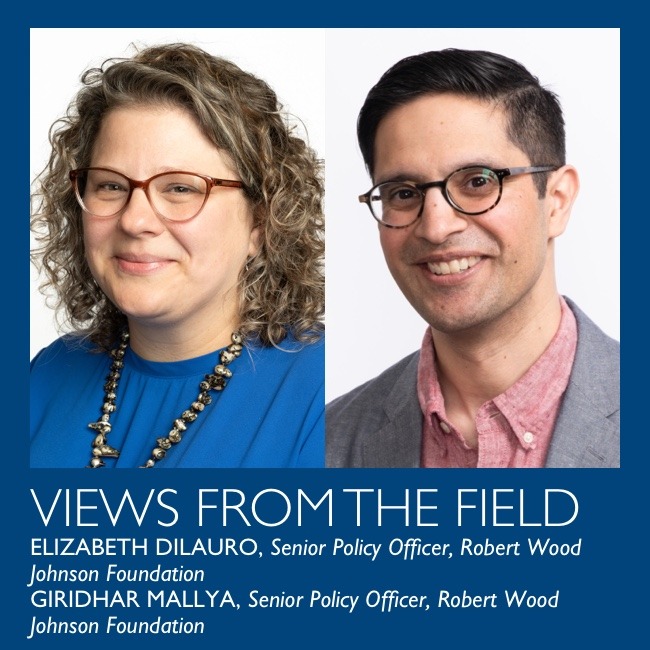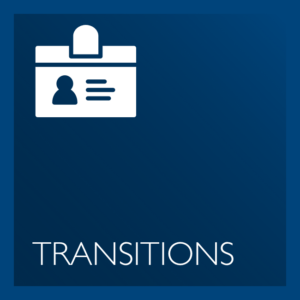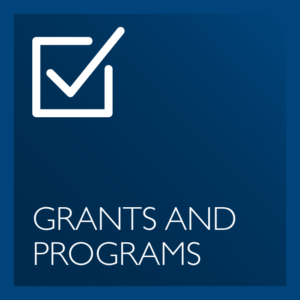Make Our Children Healthy Again Strategy Report
This resource provides an overview of the Department of Health and Human Services report on children’s health released on September 9, 2025.
Department of Health and Human Services Reorganization and Reductions: Explaining the State of Play
This issue brief provides an overview of the current status of the reorganization and Reductions in Force (RIF) at the Department of Health and Human Services (HHS) to help funders understand the impact on their work and engage in the current policy landscape.
Philanthropy @ Work – Transitions – August 2023
The latest on transitions from the field.
CareQuest Institute: August 2023
CareQuest Institute is offering 10 grants of up to $125,000 to fund projects that are working to address systemic barriers to oral health, including access to oral health, for people with disabilities.
Philanthropy @ Work – Grants and Programs – August 2023
The latest on grants and programs from the field.







